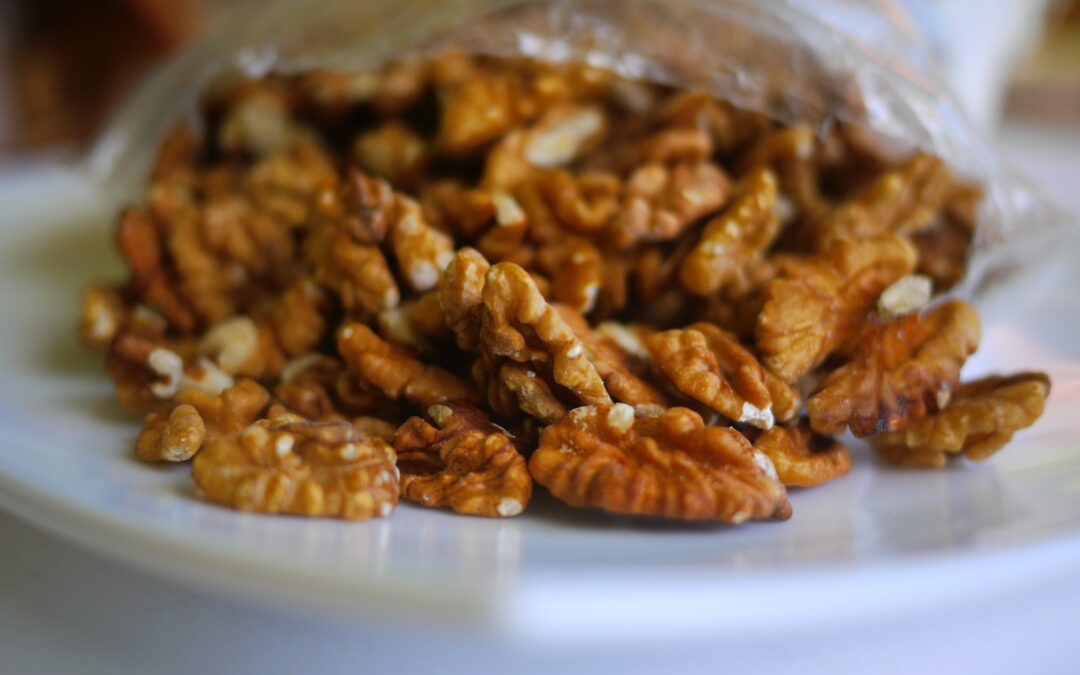Did you know that there are more than 500 named pecan varieties? However, with just a handful of tree types planted in the United States, understanding the differences will be important.
When it comes to small scale orchardists or homeowners, differences in pecan trees include: pollination type; timing of flowering; size of the nut; shell thickness; tendency to bear in alternate years; age at first bearing; season of nut maturation; and resistance to the fungal disease, pecan scab. To learn more about the differing pecan tree types, read on.
Here’s what you need to know about the common pecan tree types:
- Tree Varieties
- Differing Soil Mixtures
- Temperature Needs
Tree Varieties
Planting the appropriate cultivar of pecan tree type will depend on knowing the species of your original pecan tree. A pecan plant’s size of nuts, resistance to disease, and type of tree may differ. Pecan scab, a fungus disease, often affects the Schely variety, which produces few fruitful crops if untreated.
Elliott, Jenkins, McMillan, and Syrup Hill pecan trees are suitable for home planting, according to current recommendations. It is generally believed that cultivars of this type of pecan tree are not seriously affected by pecan scab, meaning you are likely to reap a bountiful harvest this year.
Here are some of the other pecan tree types and their recommended pollinators:
- Sumner
- Cape Fear
- Desirable
- Oconee
- Pawnee
- Forkert
- Kiowa
- Sumner
- Stuart
- Cape Fear
- Sumner
- Stuart
- Elliott
- Kanza
- Caddo
- Sumner
- Stuart
- Elliott
- Kanza
- Amling Type
- Sumner
- Stuart
- Elliott
- Zinner
When it comes to obtaining a suitable nut yield from your pecan trees, ensuring you have planted the proper opposing tree type to partner with your current tree will make all the difference. If you are still unsure about your pecan tree variety or what type to plant next to your trees, connect with a local pecan tree farm or nursery to learn more.
Visit Georgia Pecan Nursery to learn more about suitable pecan tree type cultivars and much more.
Differing Soil Mixtures
Healthy roots are essential for trees to thrive. This requires good soil. Since trees grow directly from the ground, supplying them with the materials they require sets them up for success. Different soils are more or less fertile in different areas. Drainage capability, nutrients, and other factors differ according to the mix.
In regards to the health of your Georgia Pecan Tree, you may want to visit your local garden center to purchase more specific soil blends. If you need help identifying the mixture in your area, contact a gardening center specialist. Different soil types produce essentially the same amount of pecan trees. Nevertheless, they prefer deep soils that are well-drained, fertile, and able to hold water. A loamy, acidic and alkaline soil suits most pecan tree type varieties the best.
Temperature Needs
Every person has a different threshold of discomfort and we all have a different sense of what is comfortable when it comes to temperature. This is also true for pecan trees! Pecan trees can tolerate moderate temperatures for a short period of time despite their mild preference for moderately warm weather. There are outlier weather events across the country that cause thermometers to go in both directions.
With that in mind, as a general rule, pecan trees can grow in hardiness zones 7-9, with some varieties being able to stretch outside of this. Pecan trees do not grow well in cold temperatures. In the winter, temperatures between 45 and 55 degrees are ideal, but they can withstand temperatures below 20 degrees.
At the other end of the spectrum, pecan trees don’t like getting much hotter than 80 degrees. Despite their ability to go beyond 30, 45, or 80 degrees, it is ideal to stay between 45 and 80 degrees.
Purchase Healthy Pecan Trees with the Georgia Pecan Tree Nursery
With over 45 years experience in the pecan growing industry and pecan tree sales, Georgia Pecan Nursery is happy to provide our customers with quality nursery stock of pecan trees. We are also available to provide educational information on select pecan varieties, planting pecan trees, maintaining pecan trees, designing orchards, and will discuss results with growers so they can know what to expect.
Whether you are a beginner or seasoned grower, we look forward to offering you pecan trees for sale, as well as helping you achieve your goals. Are you ready to purchase a pecan tree? Visit Georgia Pecan Tree Nursery to find your new pecan tree today.

